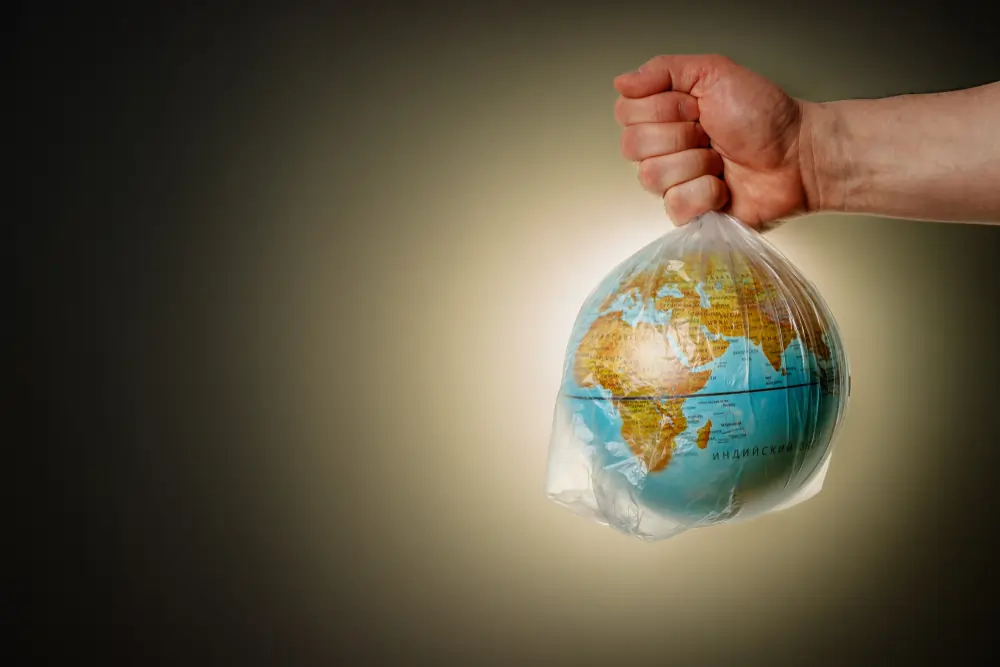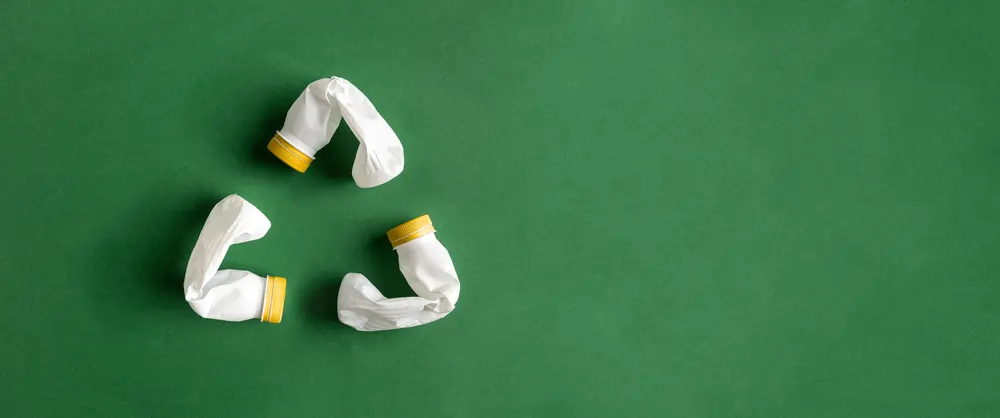Almost half of global population live by mismanaged plastic waste
MORE than 40 percent of the world’s populations since 8 January 2023 have been living in areas where plastic waste generated has already exceeded the capacity to manage it. This is according to a new research report on Plastic Overshoot Day by EA Environmental Action. The figure is projected to rise to 60 percent by 28 July 2023. Plastic Overshoot Day marks the point when the amount of plastic waste generated exceeds the world’s capacity to manage it.
Each country has its own Plastic Overshoot Day which is determined by the amount of plastic waste generated and the country’s capacity to manage it. EA Environmental Action has established 10 country archetypes which groups and provides tailored recommendations for countries around the world. In 2023, 158,943,925 tonnes of plastic waste will be created. And 43 percent of global plastic waste will be mismanaged at the end of its life, amounting to 68,642,999 additional tonnes of plastic in nature.
The global average consumption of plastic per person per year is 20.9 kilograms, with a factor of 50 between the lowest and the biggest consumers.
Reducing plastic consumption and usage, promoting circular economy models, implementing robust waste management policies, and ceasing the import of plastic waste from other countries are some of the recommended strategies from EA Environmental Action to mitigate plastic pollution and for countries to improve their Overshoot Day. The organisation believes in the shared responsibility from both public and private sectors with each distinctive roles to play for tackling this issue in a cooperative approach, informed by the science.

Sarah Perreard, Co-CEO and Stakeholder Engagement Lead at EA Environmental Action said:
“Our report is a timely reminder before INC-2 that the global plastic crisis is getting worse and that there is an increasing need for action. 128 countries around the world have already exceeded their capacity to manage their plastic waste. This must be a watershed moment for industry and policymakers to act in the interest of the planet and the health of human beings. Plastic Overshoot Day should be in everyone’s calendar.”
“Governmental action alone cannot rectify the plastic pollution crisis. We want the research and findings from our report to be an effective tool for corporations to use before introducing new plastic in a geography, and to advocate for an ambitious Global Plastics Treaty.”
“Together, through collaborative efforts and decisive actions, we can overcome this crisis and build a future where Plastic Overshoot Days are a thing of the past.”

Paul Polman, former CEO of Unilever, said: “Plastic pollution is a waste crisis, a climate nightmare, and a public health disaster in the making. “EA Environmental Action’s report is a stark reminder that our current, linear plastic waste management systems are not fit for purpose and there is an urgent need for policymakers and industry to implement robust waste management policies and invest in the infrastructure fit for the 21st century.
“Next week’s treaty negotiations in Paris are an urgent opportunity for the world’s nations to get on top of this problem before it runs away from us. The fossil fuel and the petrochemical industries are lobbying hard to water down the talks, but an emerging coalition of retailers, producers, investors and NGOS are pulling in the opposite direction and collectively calling for an ambitious and binding global agreement to end plastic pollution.
“Simply praying that we can recycle our way out of this problem will not cut it. We need as many CEOs as possible to be aware of the science and the data and join the push against plastic pollution.”

